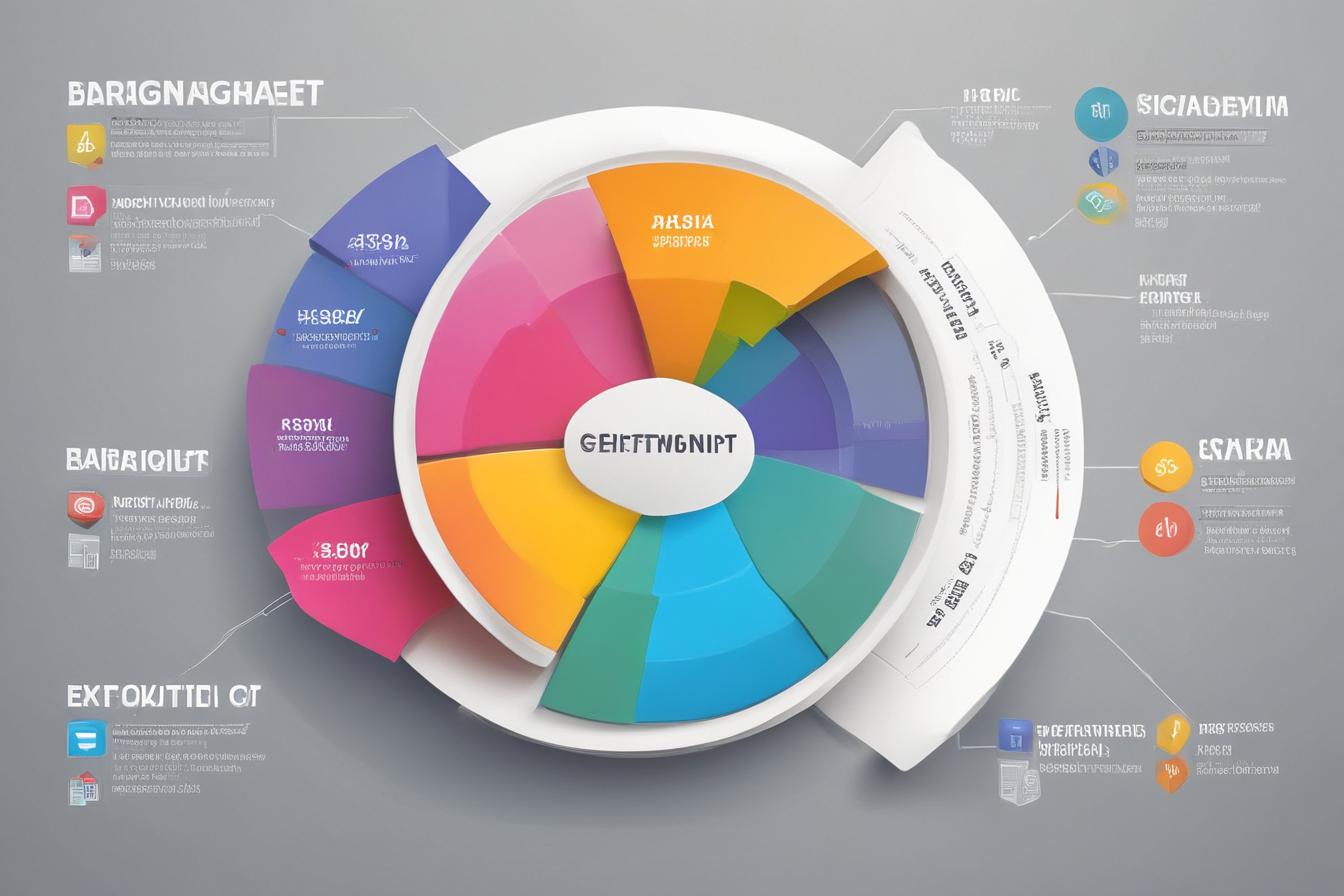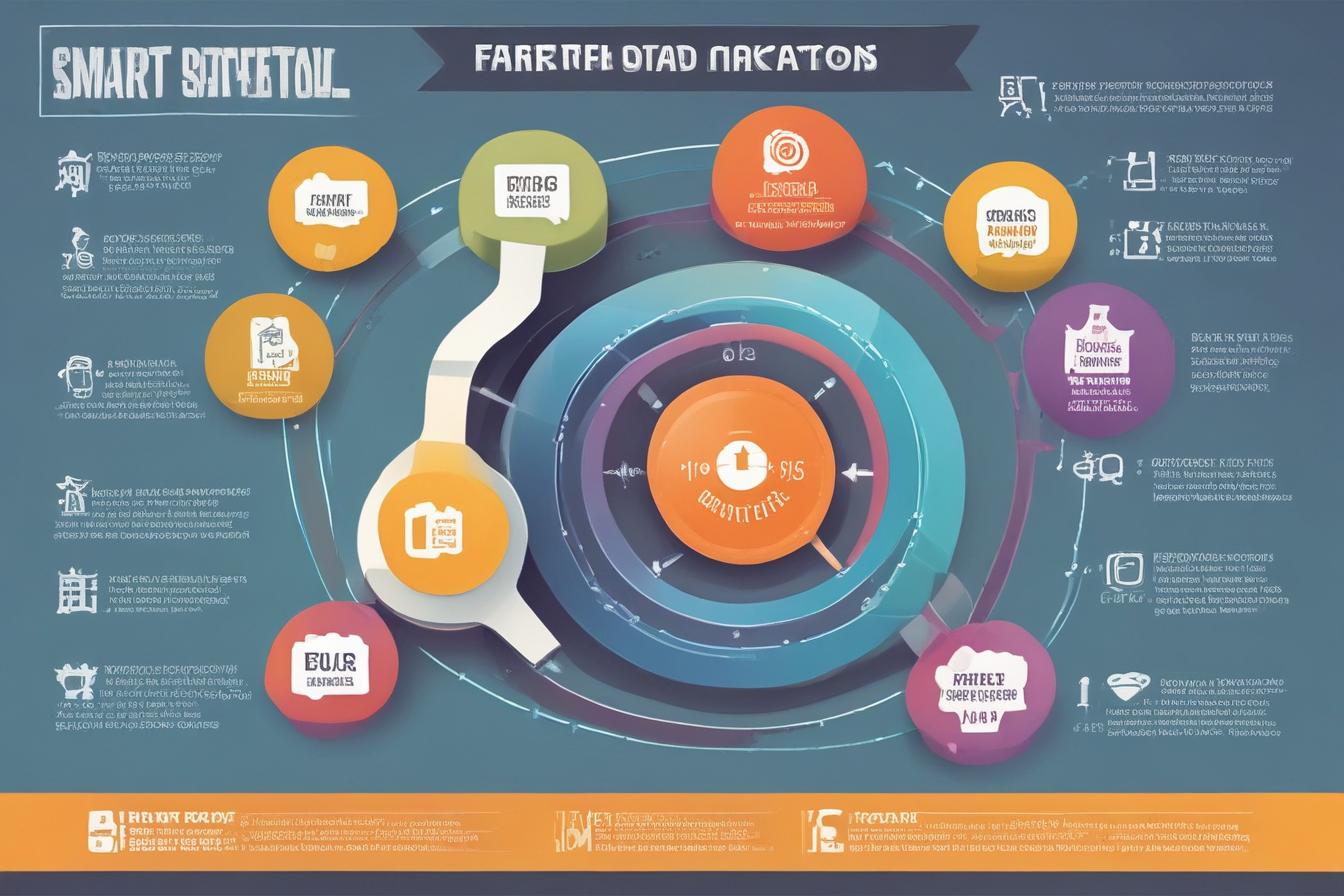What Are Content Marketing Metrics?
In the fast-paced world of digital marketing, measuring the success of your content strategy is crucial. Content marketing metrics provide valuable insights into the performance of your campaigns, allowing you to make data-driven decisions and optimize your efforts for better results. By tracking the right metrics, you can gauge the effectiveness of your content, identify areas for improvement, and ultimately drive more traffic, leads, and conversions.
Why Metrics Matter
Without clearly defined metrics, it’s nearly impossible to determine the impact of your content marketing initiatives. Metrics offer quantitative data that helps you:
- Evaluate the return on investment (ROI) of your content efforts
- Understand your audience’s behavior and preferences
- Identify top-performing content types and topics
- Optimize your content strategy based on data-driven insights
Key Performance Indicators (KPIs)
Not all metrics are created equal. Key Performance Indicators (KPIs) are the critical metrics that directly align with your business goals and objectives. These metrics should be closely monitored and optimized to ensure your content marketing efforts are contributing to your overall success.
Key Content Metrics to Track in 2023
With the ever-evolving digital landscape, the metrics you track need to adapt to stay relevant. Here are some of the most important content metrics to monitor in 2023:
Organic Traffic
Organic traffic represents the number of visitors who find your content through search engines like Google. By optimizing your content for search engines using tools like ContentScale.fr, which uses AI to generate SEO-optimized articles at scale, you can increase your organic traffic and reach a wider audience without relying solely on paid advertising.

Engagement Metrics
Engagement metrics, such as time on page, bounce rate, and scroll depth, provide insights into how well your content resonates with your audience. High engagement suggests that your content is valuable and captivating, while low engagement may indicate a need for improvement.
Conversion Rates
Ultimately, the goal of content marketing is to drive conversions, whether that’s generating leads, making sales, or achieving other business objectives. By tracking conversion rates, you can determine the effectiveness of your content in accomplishing these goals.
Social Shares and Backlinks
Social shares and backlinks are indicators of the quality and shareability of your content. High numbers in these areas suggest that your content is resonating with your audience and other industry influencers, which can boost your credibility and authority.
How to Set Smart Content Marketing Goals
Setting clear and measurable goals is essential for effective content marketing. By using the SMART (Specific, Measurable, Achievable, Relevant, and Time-bound) framework, you can establish goals that align with your overall business objectives and provide a roadmap for success.
Specific Goals
Clearly define what you want to achieve with your content marketing efforts. For example, « Increase organic traffic to the website by 25% » or « Generate 500 new leads from content downloads. »
Measurable Goals
Ensure that your goals are quantifiable and can be tracked using relevant metrics. This allows you to monitor progress and make data-driven adjustments as needed.
Achievable Goals
Set realistic goals that align with your resources and capabilities. Overly ambitious goals can lead to frustration and demotivation.
Relevant Goals
Your content marketing goals should directly contribute to your overall business objectives and support your organization’s strategic priorities.
Time-bound Goals
Establish a clear timeline for achieving your goals. This creates a sense of urgency and helps you stay focused and accountable.
Content Marketing Analytics Tools and Techniques
To effectively measure and analyze your content marketing metrics, you’ll need to leverage a variety of tools and techniques. Here are some essential resources to consider:
Web Analytics Platforms
Tools like Google Analytics, Adobe Analytics, and Matomo provide comprehensive data on website traffic, user behavior, and content performance. These platforms offer valuable insights into your audience’s journey and content consumption patterns.
Social Media Analytics
Social media platforms like Facebook, Twitter, and LinkedIn offer built-in analytics tools that allow you to track the performance of your social media content, including engagement, reach, and audience demographics.
Content Optimization Tools
Tools like ContentScale.fr use AI to generate SEO-optimized content at scale, helping you save time and money while outpacing your competitors. By leveraging these tools, you can ensure your content is properly optimized for search engines and track its performance more effectively.
A/B Testing
A/B testing allows you to compare the performance of different versions of your content, such as headlines, images, or calls-to-action. By testing and analyzing the results, you can identify the most effective elements and optimize your content accordingly.
Using Metrics to Improve Your Content Strategy
Collecting data is only the first step. The true value lies in interpreting the metrics and using the insights to refine and enhance your content marketing strategy.
Identify High-Performing Content
Analyze your metrics to determine which types of content resonate best with your audience. This could be based on factors like format (e.g., blog posts, videos, infographics), topic, or distribution channel. Double down on the content that drives the most engagement and conversions.
Optimize for Search
Monitor your organic traffic metrics and search engine rankings to identify opportunities for SEO optimization. Use tools like ContentScale.fr to generate high-quality, SEO-friendly content that ranks well in search results.
Refine Your Distribution Strategy
Evaluate the effectiveness of your content distribution channels, such as email marketing, social media, or influencer partnerships. Adjust your strategy to focus on the channels that drive the most traffic and engagement.
Continuously Test and Iterate
Content marketing is an ongoing process of experimentation and optimization. Use A/B testing and continuous monitoring to identify areas for improvement and make data-driven adjustments to your content strategy.
Examples of Successful Content Metric Tracking
To illustrate the power of content metric tracking, let’s examine a few real-world examples:
HubSpot’s Lead Generation Success
HubSpot, a leading inbound marketing and sales software company, has long been a champion of content marketing. By consistently creating high-quality, educational content and tracking metrics like organic traffic, lead generation, and conversions, HubSpot has been able to continuously refine their strategy and drive impressive results. In 2021, their content efforts generated over 6 million website visits, 4.5 million lead submissions, and 93,000 paying customers.
BuzzFeed’s Viral Content Mastery
BuzzFeed, the digital media company known for its viral content, has mastered the art of creating shareable, engaging content. By closely monitoring metrics like social shares, engagement time, and audience demographics, BuzzFeed can quickly identify content trends and tailor their strategy accordingly. This data-driven approach has allowed them to consistently produce content that resonates with their audience and garners millions of shares across various social platforms.
Neil Patel’s SEO Success
Neil Patel, a renowned digital marketing expert, has built a successful online business by leveraging the power of SEO and content marketing. By meticulously tracking metrics like organic traffic, search engine rankings, and conversion rates, Neil has been able to optimize his content for maximum visibility and impact. His blog, NeilPatel.com, consistently ranks for highly competitive keywords and generates a steady stream of leads and revenue.
In conclusion, measuring the right content marketing metrics is essential for understanding the impact of your efforts, identifying areas for improvement, and ultimately driving better results. By setting clear goals, leveraging the right tools and techniques, and continuously optimizing based on data-driven insights, you can create a content strategy that resonates with your audience, achieves your business objectives, and outperforms your competitors.
To stay ahead of the game, consider using AI-powered tools like ContentScale.fr to generate high-quality, SEO-optimized content at scale. With ContentScale.fr, you can save time and money while keeping up with the ever-increasing demand for fresh, engaging content.
Ready to take your content marketing to new heights? Start tracking the right metrics today and unlock the full potential of your content strategy.
Image Placeholders





